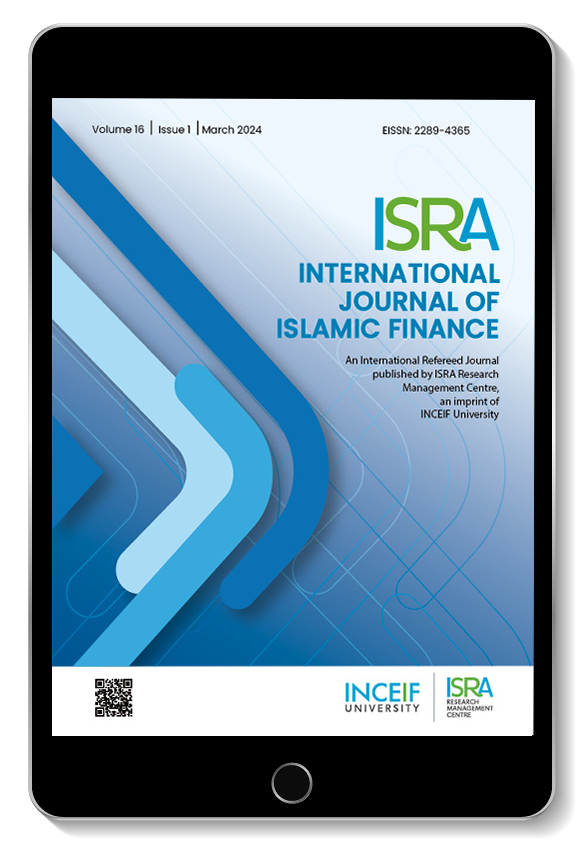伊斯兰金融知识量表:当代金融知识领域的修正
IF 1.4
Q2 BUSINESS, FINANCE
引用次数: 14
摘要
本研究旨在开发一个有效和可靠的伊斯兰金融素养(IFL)量表,该量表可以涵盖伊斯兰金融部门的所有部分,并可被认为适用于全球所有司法管辖区。设计/方法/方法为了建立测量,本研究遵循量表开发过程,从81名受访者中收集了698个先验项目。随后,它通过与专家一起对项目进行分析,生成了一个项目库,并将最后一份表格(40个项目)与文献中经常使用的另一种IFL量表和评估宗教虔诚度的量表一起提供给土耳其的287名受访者。通过解释因子分析,量表呈现出一个包含20个条目的四因子结构。该结构提供了良好的拟合指标和信度评分。结果对不同结构的拟合指标进行了相关分析和比较,为量表及其子维度的判别效度和收敛效度提供了支持证据。因此,为有伊斯兰金融机构和没有伊斯兰金融机构的国家制定了适用的规模。原创性/价值本研究的优势之一是,它代表了整个伊斯兰金融体系的全面规模发展,包括银行、伊斯兰保险和基金管理。此外,设计适用于任何经济体或个人的IFL量表的尝试是文献中的开创性尝试。本文章由计算机程序翻译,如有差异,请以英文原文为准。
Islamic financial literacy scale: an amendment in the sphere of contemporary financial literacy
Purpose
This study aims to develop a valid and reliable Islamic financial literacy (IFL) scale that can capture all the segments of the Islamic financial sectors and which could be considered applicable for all jurisdictions across the globe.
Design/methodology/approach
To build the measure, this study followed a scale development process by collecting 698 a priori items from 81 respondents. Later, it generated an item pool through the analysis of the items with experts and gave the last form (40 items) to 287 respondents in Turkey with another IFL scale that is frequently used in the literature and a scale assessing religiosity. With explanatory factor analysis, the scale demonstrates a four-factor construct with 20 items. This construct provides good fit indexes and reliability scores.
Findings
Results of the correlation analysis and comparison of the fit indexes of alternative structures provided supportive evidence for discriminant and convergent validity of the scale and its sub-dimensions. As a result, an applicable scale is developed for countries where Islamic financial institutions are operating and where they are not.
Originality/value
One of the strengths of this study is that it represents a comprehensive scale development for the entire Islamic financial system, including banking, takaful (Islamic insurance) and fund management. In addition, the attempt to design an IFL scale applicable to any economy or individual is a pioneering attempt in the literature.
求助全文
通过发布文献求助,成功后即可免费获取论文全文。
去求助
来源期刊

ISRA International Journal of Islamic Finance
BUSINESS, FINANCE-
CiteScore
3.40
自引率
17.40%
发文量
18
审稿时长
20 weeks
期刊介绍:
It is the aspiration of the editorial committee that IJIF achieves the highest rank in quality and substance. It is thus our aim that the journal be carried in the Thompson Reuters’ ISI and Scopus databases. By ensuring high standards in articles published in Islamic finance we ensure that further innovation and research is carried out and promoted in the Islamic finance industry and academia. IJIF publishes 2 issues per annum.
 求助内容:
求助内容: 应助结果提醒方式:
应助结果提醒方式:


